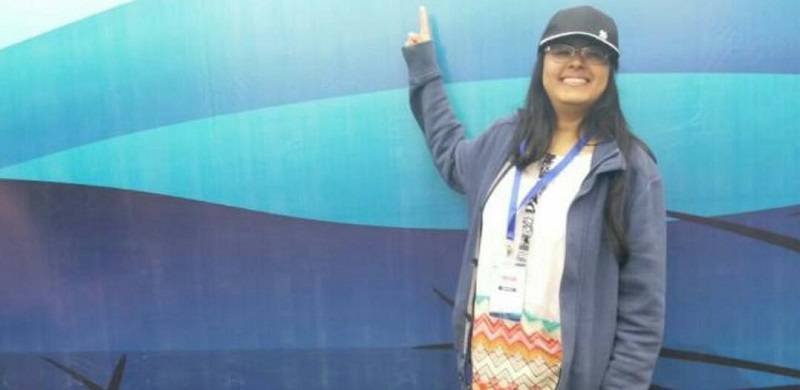
Working to provide access to much-needed blood, Jayya Joggi is a Hindu volunteer in Islamabad.
"Finding 5 to 10 blood donors everyday to meet the requirements for patients in Islamabad was never a challenge for us,” says Joggi. But since the Covid-19 outbreak, especially after the imposition of lockdown-related measures, they are struggling to maintain a sufficient stock of blood.
Speaking to Naya Daur, Joggi says that the main reason for this was the closure of educational institutions. They were accustomed to setting up “blood camps” in Rawalpindi and Islamabad to collect donations. Now, under conditions of Covid-19 social distancing, it has become impossible to organize such camps.“What we are doing now is to approach different hospitals and volunteers in Whatsapp groups to arrange blood,” says Joggi.
But they sometimes find it hard to collect even a few bottles of blood as blood donors avoid visiting hospitals from fear of catching a Coronavirus infection there.Meeting the needs of those requiring blood regularly, particularly minors suffering from thalassemia, remains a great source of trouble, explains Joggi.
During the Covid-19 pandemic, she realised that this sector need a proper established mechanism at a central level. “Though we were able to manage the needs for blood during the pandemic, but after hard efforts as universities and colleagues which were their major sources of blood collection closed.
Joggi says that there is no shortage of motivated people to donate their blood. “But missing a proper mechanism sometime puts us in trouble.”
"Finding 5 to 10 blood donors everyday to meet the requirements for patients in Islamabad was never a challenge for us,” says Joggi. But since the Covid-19 outbreak, especially after the imposition of lockdown-related measures, they are struggling to maintain a sufficient stock of blood.
Speaking to Naya Daur, Joggi says that the main reason for this was the closure of educational institutions. They were accustomed to setting up “blood camps” in Rawalpindi and Islamabad to collect donations. Now, under conditions of Covid-19 social distancing, it has become impossible to organize such camps.“What we are doing now is to approach different hospitals and volunteers in Whatsapp groups to arrange blood,” says Joggi.
But they sometimes find it hard to collect even a few bottles of blood as blood donors avoid visiting hospitals from fear of catching a Coronavirus infection there.Meeting the needs of those requiring blood regularly, particularly minors suffering from thalassemia, remains a great source of trouble, explains Joggi.
During the Covid-19 pandemic, she realised that this sector need a proper established mechanism at a central level. “Though we were able to manage the needs for blood during the pandemic, but after hard efforts as universities and colleagues which were their major sources of blood collection closed.
Joggi says that there is no shortage of motivated people to donate their blood. “But missing a proper mechanism sometime puts us in trouble.”
